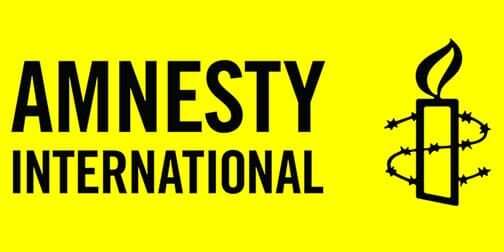
Requesting for amnesty in the Iranian law
This article has been prepared by Iran best Lawyer in order to provide you with the specifications and conditions under which a person can request for amnesty for the Iranian courts.
Executive Summary Requesting for amnesty in the Iranian law
For the major crimes, it is not possible for the accused to request for amnesty, the serious crimes e.g. espionage;
The Head of the Judiciary has vast and may make amnesty recommendations to the Supreme Leader notwithstanding a person’s lack of some qualifications;
The Supreme Leader has the authority to grant amnesty. In this respect, he decides based on the recommendations made by the Head of the Judiciary;
In principle, an application for amnesty must be filed with the Amnesty Commission, which is the body within the Judiciary responsible for reviewing applications and making recommendations to the Head of the Judiciary;
Pre-requirements for granting amnesty under Iranian laws and regulations
Scope and process of amnesty in Iran are governed by a number of laws and regulations. According to paragraph 11 of Article 110 of the Iranian Constitution, granting amnesty is among the authorities of the Supreme Leader. Chapter 11 of the Islamic Criminal Code of 2013 (the “Criminal Code”) also recognizes that amnesty might be granted by the Supreme Leader pursuant to recommendations of the Head of the Judiciary.[1] Most importantly, amnesty is governed by the Amnesty Commission Instruction of 2008 (the “Amnesty Instruction”) which is enacted by the Head of the Judiciary.
In their treatment of amnesty, both the Constitution and the Criminal Code contain rather general provisions and do not specify specific requirements for granting amnesty. Generally speaking, amnesty might be granted for almost all convictions under the Criminal Code, unless granting amnesty contravenes private rights of other individuals who are affected by the crime committed.[2]
Nevertheless, the Amnesty Instruction provides for a detailed list of convictions that do not qualify for amnesty. In accordance with Article 26 of the Amnesty Instruction, the following are among the convictions pertaining to which amnesty might not be granted:
- Professional smuggling;
- Armed robbery;
- Arms and ammunition trafficking;
- Rape;
- Embezzlement;
- Espionage; and
- Kidnapping.
Please note that although the Instruction is not passed by the Parliament, it is enacted by the Head of the Judiciary pursuant to his authorities under Articles 157 and 158 of the Constitution. As such, it is as enforceable as acts of the Parliament in practice.
In accordance with the Instruction, amnesty seekers must have spent a certain amount of his or her conviction to be qualified for an amnesty application. Accordingly, persons convicted of life imprisonment must have spent at least 10 years. Other prisoners must have spent at least one-third of their time.[3]
It is to be noted, notwithstanding the above, that the Head of the Judiciary has vast authorities with respect to amnesty. As Article 20 of the Instruction provides, in cases where the convicted person lacks some of the requirements or qualifications for amnesty, the Head of the Judiciary might still decide to recommend their amnesty to the Supreme Leader, provided that he explains the justifications based on which he has made the recommendation.
Click on the link below to read more:
Comments
Post a Comment